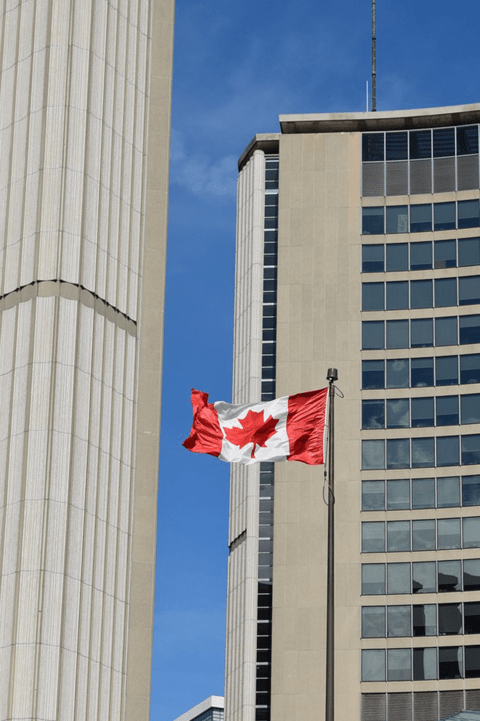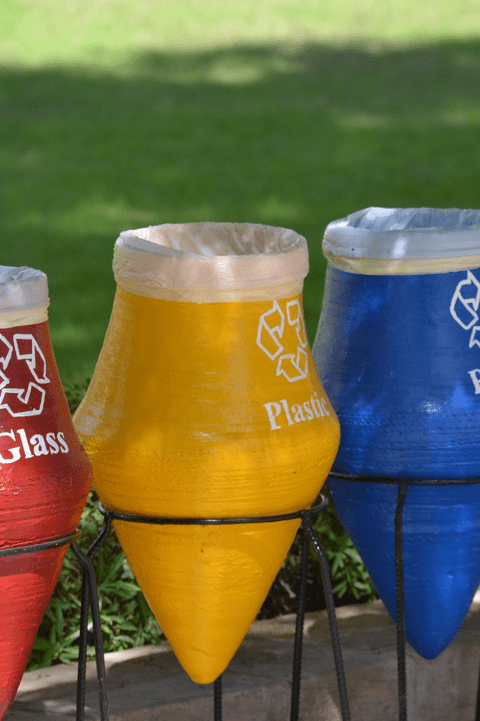Canada Releases Proposed IFRS-Based Sustainability Reporting Standards
The Canadian Sustainability Standards Board (CSSB) announced the release of new proposed standards for companies to report sustainability and climate-related information, based on the recently released sustainability disclosure standards by the IFRS Foundation’s International Sustainability Standards Board (ISSB).
The release of the new standards may form a significant step towards the introduction of mandatory climate-related reporting requirements for Canadian companies.

